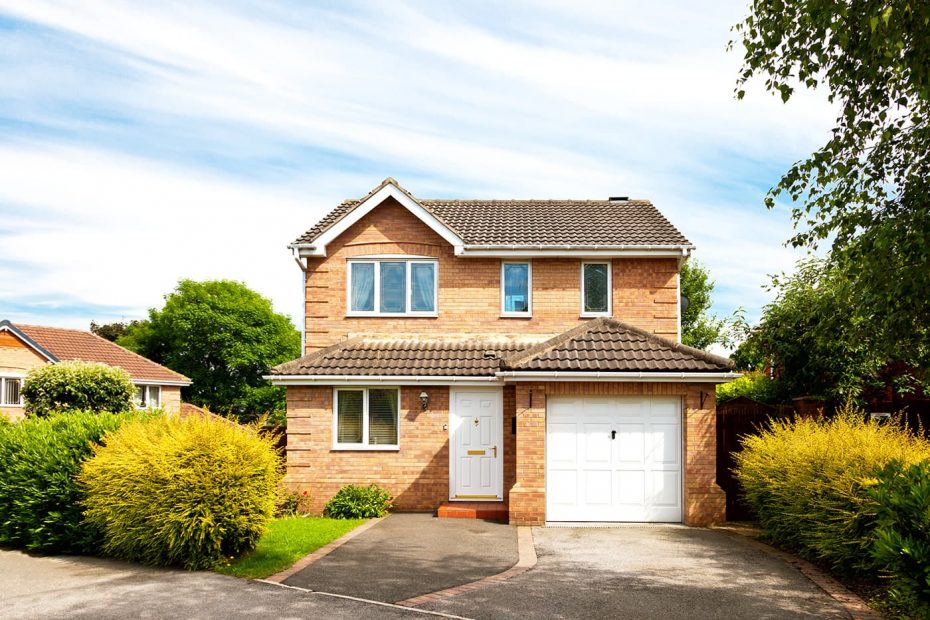When a couple decides to divorce, the fate of the family home becomes a significant aspect of the settlement process. Several factors influence what happens to the family home, including legal regulations, financial considerations, and the preferences and circumstances of the divorcing couple.
- Ownership and Legal Rights: The first step in determining the fate of the family home is to establish ownership and legal rights. If the home is jointly owned by both spouses, as is often the case in marriages, decisions regarding the property must be made jointly or through legal proceedings. In some instances, one spouse may own the home individually, in which case the other spouse may have certain rights to the property based on factors such as contributions to mortgage payments or improvements made to the home during the marriage.
- Marital Property Laws: Assets acquired during the marriage are typically considered marital property and are subject to equitable distribution in the event of divorce. This means that the family home, regardless of individual ownership, may be considered marital property and subject to division between the spouses. The division may not necessarily be equal but rather based on factors such as each spouse’s financial contributions, earning capacity, and needs post-divorce.
- Options for the Family Home: Once ownership and legal rights are established, divorcing couples have several options regarding the family home:
- Sell the Home: Some couples opt to sell the family home and divide the proceeds according to the terms of their divorce settlement. This option allows for a clean break and provides both parties with financial resources to establish separate households.
- Buyout: In cases where one spouse wishes to keep the family home, they may negotiate a buyout of the other spouse’s share of the property. This typically involves refinancing the mortgage to remove the other spouse’s name and compensate them for their share of the home’s equity.
- Co-ownership: In certain situations, divorcing couples may choose to continue co-owning the family home, particularly if there are children involved. This arrangement may involve one spouse remaining in the home while the other retains a financial interest until a specified time or event triggers a sale or transfer of ownership.
- Legal Process and Documentation: Regardless of the chosen option, finalizing the fate of the family home typically requires legal proceedings and documentation, including a divorce settlement agreement or court order outlining the terms of property division. It’s essential for divorcing couples to seek legal advice to ensure that their rights and interests are protected throughout the process.
In summary, what happens to the family home when you get divorced depends on various factors, including ownership, legal rights, and the preferences of the divorcing couple. Options may include selling the home, a buyout, or co-ownership, with the final outcome determined through legal proceedings and documentation.

